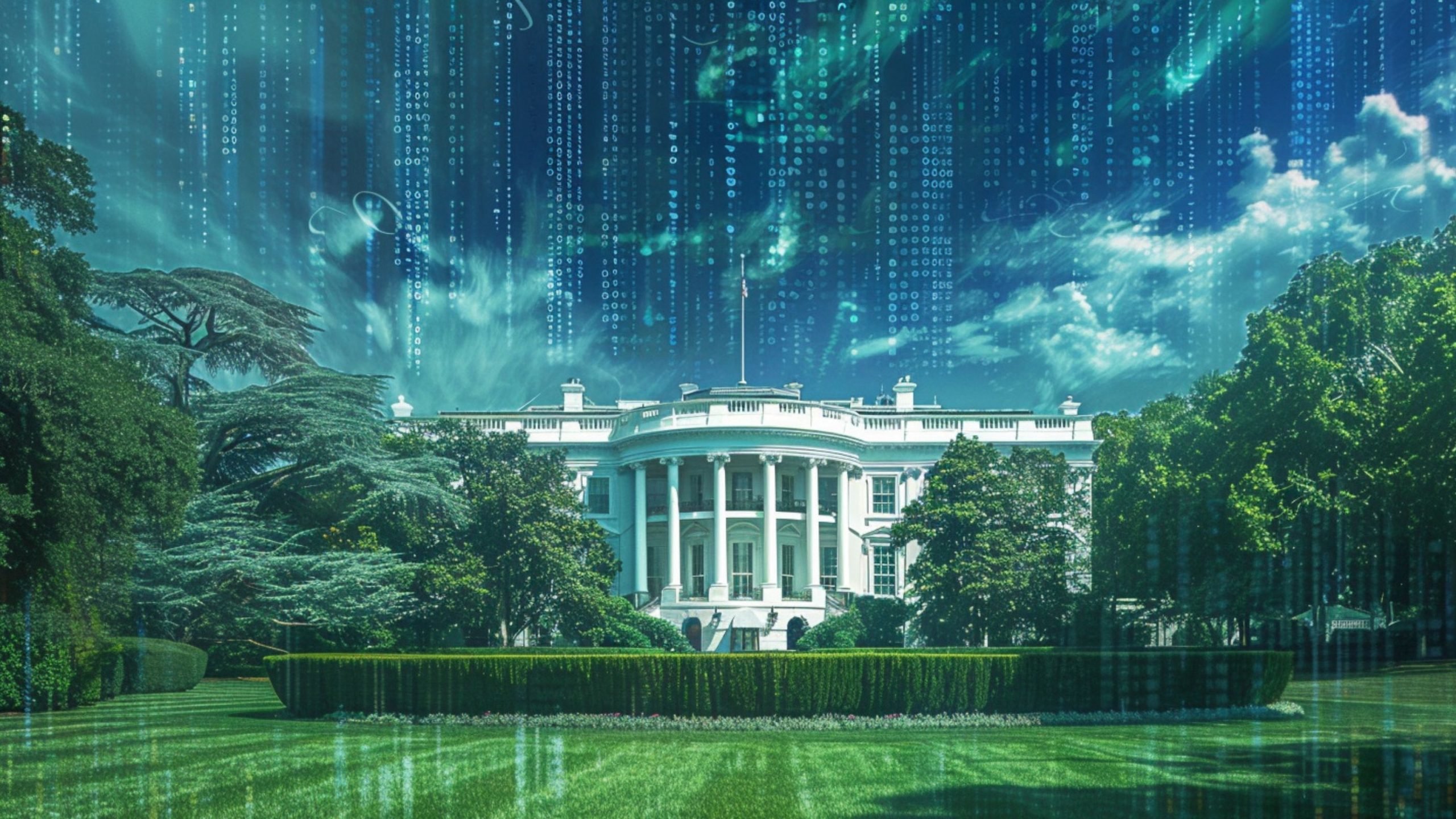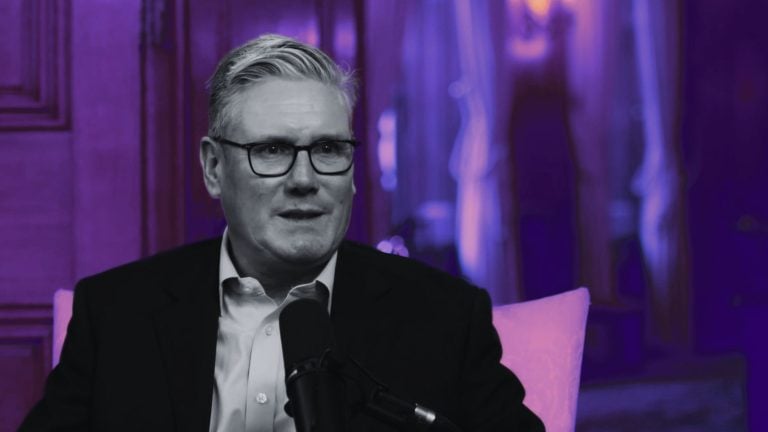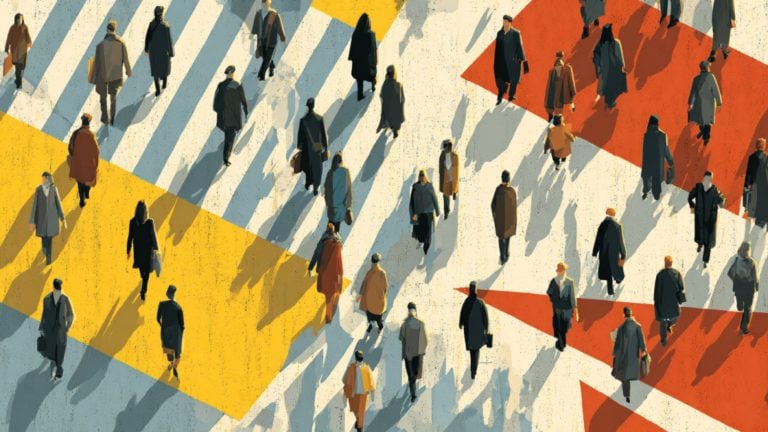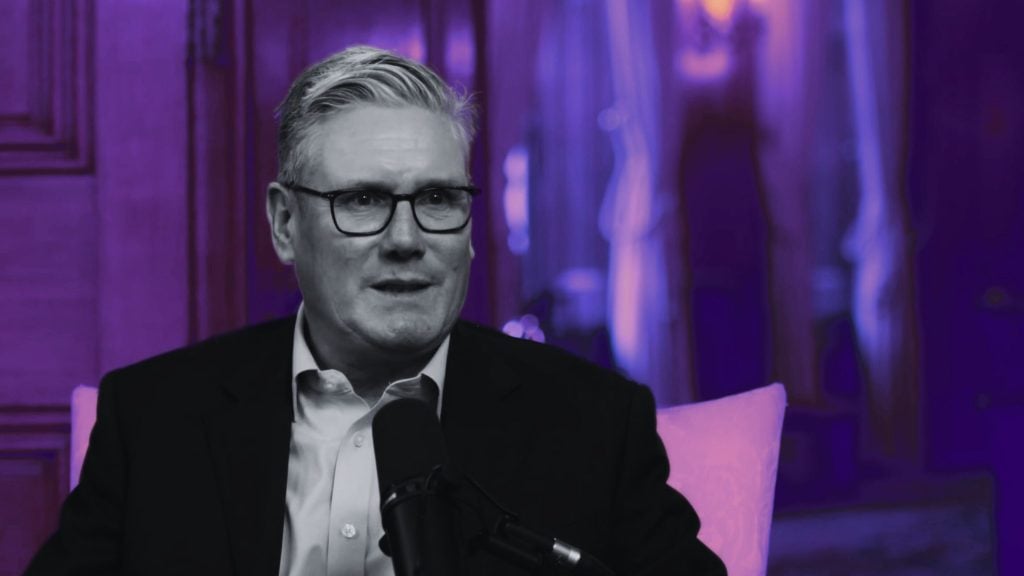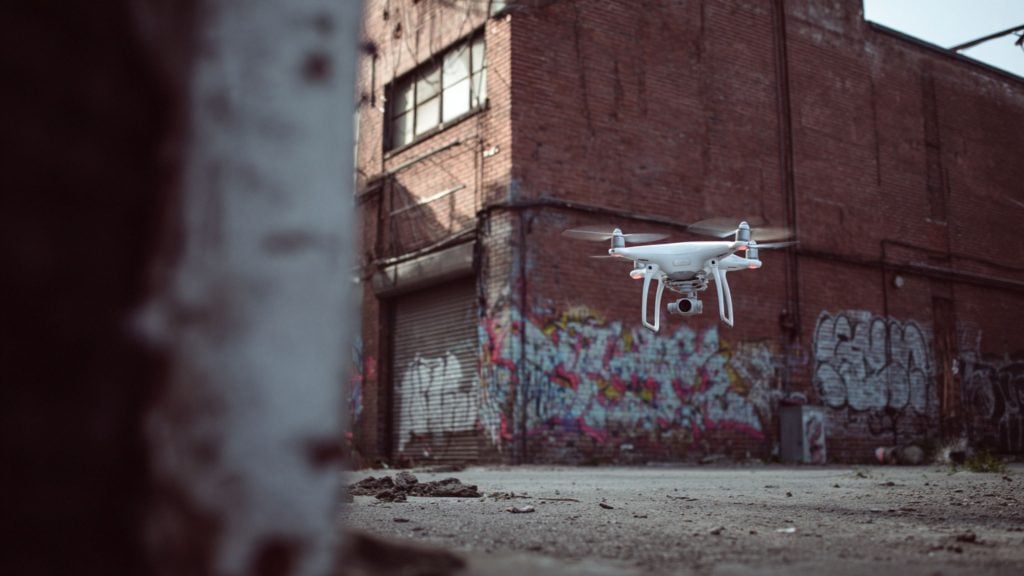The New Civil Liberties Alliance (NCLA) is pushing forward in Missouri v. Biden, aiming to uncover the depth of government-led censorship on social media. This legal action follows a June Supreme Court ruling that vacated a preliminary injunction in the case, previously known as Murthy v. Missouri, which barred officials from the White House, CDC, FBI, CISA, and the Surgeon General’s office from pressuring social media platforms to censor constitutionally protected speech.
NCLA’s clients, including prominent figures such as Drs. Jayanta Bhattacharya, Martin Kulldorff, and Aaron Kheriaty, as well as free speech advocate Jill Hines, allege that they were systematically blacklisted, shadow-banned, de-boosted, throttled, and even suspended across major social media platforms due to their viewpoints on Covid-19, public health, and government policies. NCLA claims this censorship campaign was orchestrated as part of a “whole-of-government” initiative that saw coordinated efforts across a dozen federal agencies, with direction from top White House officials.
We obtained a copy of this new filing for you here.
While the Supreme Court ruled that NCLA’s clients lacked the standing needed to sustain the preliminary injunction, the organization argues that this ruling does not spell an end to the lawsuit. According to NCLA, the standard for standing at the injunction stage is higher than what’s required to advance a case through its initial pleadings. The Alliance is seeking further discovery to show that government actions indeed stifled speech and violated the First Amendment—an assertion that Supreme Court Justices Alito, Thomas, and Gorsuch echoed in their partial dissent, in which they warned that the government’s actions raised “serious First Amendment concerns.”
Digging Deeper: NCLA Calls for More Discovery
NCLA’s clients argue that, despite limited preliminary discovery, they have already uncovered evidence pointing to a vast and well-coordinated censorship apparatus involving dozens of high-ranking officials and well over a hundred government actors. Emails and internal communications have revealed direct pressures on social media platforms to censor content, particularly on topics related to COVID-19 and elections, where government messaging was at odds with some of the censored viewpoints.
Now, NCLA is requesting more extensive discovery to investigate additional actors and confirm the full extent of this censorship effort, believing this will further support their claims against the government. Should the court approve, NCLA expects to reveal a clearer picture of an “assault” on free speech by government agencies using social media companies as intermediaries to suppress certain viewpoints.
Seeking a Fourth Amended Complaint
In addition to calling for more discovery, NCLA’s clients are also seeking permission from the District Court to amend their Complaint. This amendment would bring new voices into the case, including members of the so-called “Disinformation Dozen”—a group the Biden Administration singled out for removal from platforms like X (formerly Twitter) and Meta. The plaintiffs argue that the Administration’s targeted pressure on social media platforms to censor these individuals underscores their right to participate in the case and adds further evidence of standing.
In June, the District Court highlighted that the Administration’s direct campaign against specific users strengthened the plaintiffs’ case for standing. A refusal to allow these individuals into the case would, according to NCLA, effectively reward the government’s covert strategy of pressuring social media companies to censor speech without facing legal consequences.
NCLA’s Fight to Protect Free Speech
NCLA’s clients are optimistic that with adequate discovery, they can meet the Supreme Court’s clarified standards for standing and ultimately prevail on the merits of their claims. They contend that without such legal recourse, government actors could continue suppressing Americans’ speech in secrecy, circumventing the Constitution in ways that escape public scrutiny.
“Our plaintiffs, who have been censored extensively on social media and targeted for suppression by government actors, deserve to know the extent of the government’s involvement in silencing them,” said Jenin Younes, Litigation Counsel at the NCLA, in a statement to Reclaim The Net.

